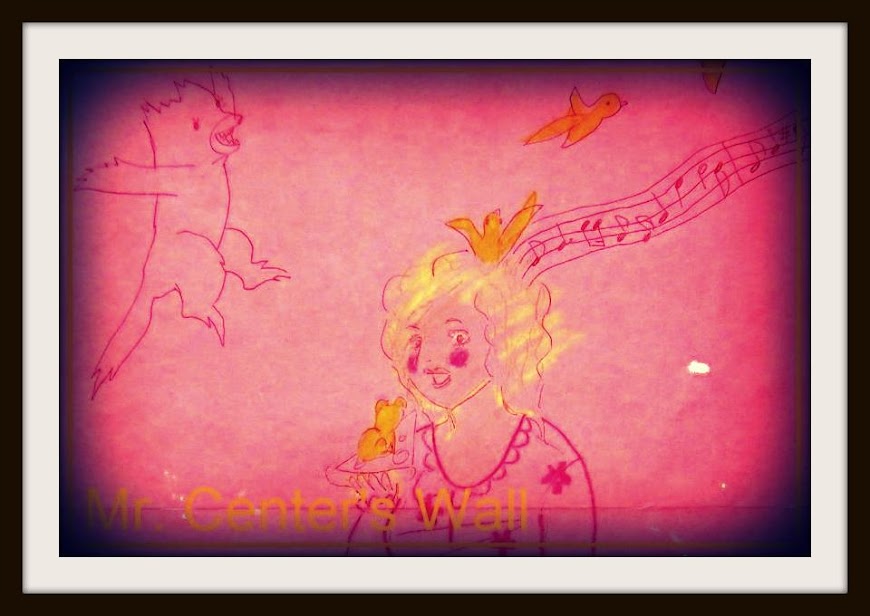There's crappy writing and then there's crappy writing. Likely you know what I mean. If not, think about it this way: some of my, and likely your, very favorite movies and books are crap. Critics like to employ the euphemism "camp" for "crap." It's all the same to me.
Camp, as far as I'm concerned, is simply
crap with a high polish (and by crap, it's generally meant that the subject is "mere" entertainment for entertainment's sake, and not meant to hold, or is otherwise devoid of ability to leave in its wake, any lasting impression or meaning or reflection of reality--you know, all the stuff that the "good" "literature" supposedly possesses in spades.
The Riddle of the Traveling Skull is exceptional camp--poop with the very highest of all possible polishes; and even going beyond the typically campy camp of my otherwise favorite "popcorn" fiction. On one side, this book is the prototypical, skillfully wrought mystery/thriller, opaquely and gleefully noir, which qualities I love most about my favorite page-turners. What I believe elevates
The Traveling Skull, however, over the other, more typically popcorny (read either "popcorn-y" or "pop-corny;" take your pick) fluff of grocery-store trade novel paperbacks is its complete acceptance--think not the mere grudging handshake of a truce between opposing parties (and I have a sneaking suspicion that most popcorn novelists wish they were more and use their best-seller status as justification for their low-brow writing), but a mighty bear hug, brotherly, loving, and hearty--of what it is: ri-freaking-diculous and proud of it! Characters are not based in the bland reality of museum guards or cab drivers or factory employees; they are world-traveling candy salesmen, nouveau luggage designers, and amateur brain surgeons; Bible-quoting con-men, German hypnotists, and shrinking-violets. And they're names! My goodness: Milo Payne, Abigail Sprigge, Sophie Kratzenschneiderwumpel, Mrs. Winterbotham-Higginsbottom, and, my favorite, Ichabod Chang.
And this is all for one book!
Which I just finished.
And which I loved.
And which I will read again and again, like I do all my camp favorites (Preston and Child's
Relic and
Cabinet of Curiosities, Carr's
The Alienist, and Card's
Ender's Game (and yes, no matter how brilliant,
EG is camp), among them).
Premise: candy salesman, Clay Calthorpe, has just returned from the Philippines, where he has just successfully contracted exclusive purchasing privilege of all the country's Julu berries, and makes his weary way home. By mix-up of two identical, one-of-a-kind (yes) travel bags, and the flubdubbery of one well-meaning German trolley conductor, Clay comes home not with his own bagful of collars, calling cards, and clothes, but a bag carefully packed with a
trephined skull, carefully stuffed with a slightly-mushroomed bullet and the carbons of some odds-and-ends poetry. Clay recognizes, despite the hour and his fatigue, what must have happened (the residual adrenaline of a possible mugging--but false-alarm, thank-you-very-much, at least for the time being--certainly assists his faculties of deduction) and seeks contact with the clergyman, who was sitting aside him and whose bag he must have gotten by mistake. From here, well, it all spirals out of control.
The very glee and astounding confidence with which Keeler writes renders the would-be typical mystery (well, not
quite typical) into something to be savored, not ripped through in a frenzy (though you get the impression that Keeler
wrote it in such fashion--frenzied, like sharks on seals). He is an accomplished word- and sentence-smith, and injects these short strings of words with all the cockeyed imagination and flayling freedom that he does his swollen plot. Though page-turner it was nonetheless, and I read it like I read (is this sacrilege?) Chabon and MacCarthy. Seriously. With Chabon, sentences are jaw-droppingly brilliant, beautiful, and rhythmically perfect; MacCarthy is stark simplicity at its naked best; Keeler's sentences, on the third face of the same coin, are indeed jaw-dropping--equally expert, held against either of these two recognized masters--but with the added bonus of being freaking hilarious!
*
My favorite moment of the book was not penned by Keeler, but his publishers. I have a code: I will not look ahead. Had I flipped through the novel before reading it, I'd have found this already, and it's revelation would have been much less exciting--far less satisfying. Just before the big denouement, comes this page:
 |
| (Please excuse my thumb.) |
Better still, especially considering my interest in becoming a casual expert in Keeler, was the reverse side of this very page, which left me the following note:
Consider a membership in the
Harry Stephen Keeler Society
Since its inception in 1997, the group has grown to some seventy-five members in half a dozen countries. Its organ is Keeler News, appearing five times each year and featuring articles, letters, reviews, and a vigorous emporium of Keeler’s many books. The News has produced fifty issues; all, back to the first, are available. On CD-Rom ($5), the full run comes with the Keeler Dust Jacket Vault, a compendium of original artwork. Mail payments to Richard Polt, [-----] –or consult the internet:
I wrote Mr. Polt, and am now a proud member of the HSK Society (76 members now!). I am excited, particularly, about the Keeler News and the "Read Keeler" link, which, if you so choose, may direct you to Ramble House, which offers nearly everything Keeler ever put to paper and the public--even the stuff never available in English!
In short, get the book, read the book. It is a seriously, hysterically good/fun, ridiculous/diverting read--no,
experience.



